The grass is always greener on the other roofs
We clear up the prejudices about green roofs and facades
Many myths and prejudices still exist about green roofs and facades. We want to clear them up:
👉 Prejudice: A (greened) flat roof leaks
This is no longer an issue today, even though this probably caused problems in the past. Proven and tested root-resistant roof sealants and expert roofers are available. If you are still unsure, you can test the waterproofing for leaks using a leak detection method.
👉 Prejudice: Facade greening damages the wall
Professional planning and correct coordination between the plants and the wall structure avoid damage. This also includes professional care. The green facade should be cut back once a year.
👉 Prejudice: Moisture penetrates the wall
The solution here is a greenery system with a climbing aid. This offers sufficient distance to the wall and is back-ventilated.
👉 Prejudice: Vermin get into the building
Since the animals find an ideal habitat in the (flowering) greenery, they should have no specific reason to enter the interior of the building.
👉 Prejudice: High establishing and maintenance costs
The establishing costs are only a fraction of the total costs of the building. A usable roof garden allows you to use your property twice, creating even more space for the same money.
These tips prepare you for a green miracle on the facade. By the way, a green facade is not only a visual highlight, but also helps to save energy and serves as protection against weathering and noise, as the plant layer - similar to a curtain-type rear-ventilated façade - acts as additional insulation. The only difference is that numerous insects and small animals also find a home in the “organic façade”.
By the way: greening is also partly subsidised. The funding limit varies between 20 and even 100% of the eligible costs. In most cities, however, the maximum subsidy is 50%. In Berlin, for example, the GründachPLUS programme provides €60 per m2.
Here you can find a list of measures that are eligible for funding and further information: https://www.gebaeudegruen.info/gruen/dachbegruenung/wirkungen-vorteile-fakten/foerderung-2020



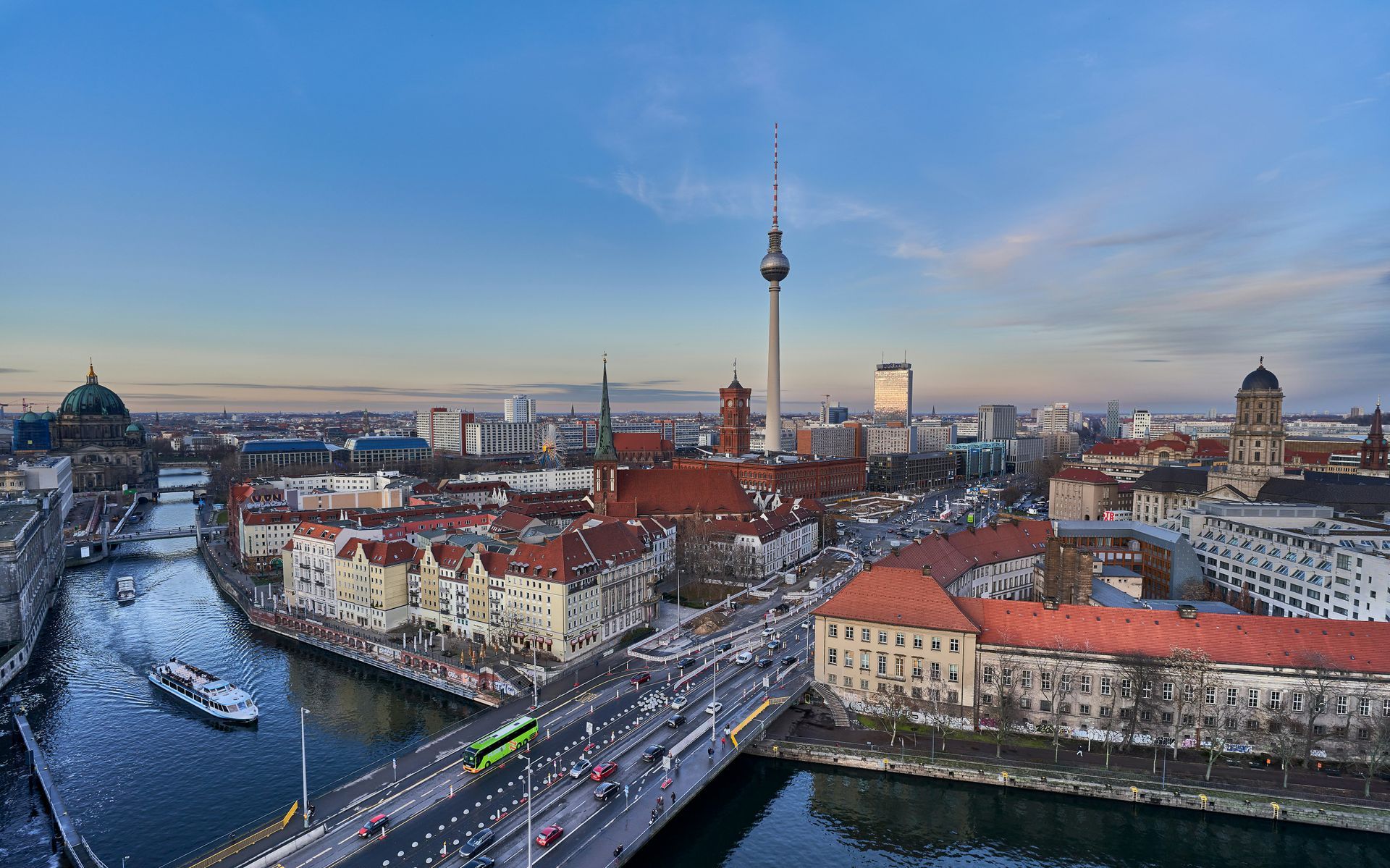

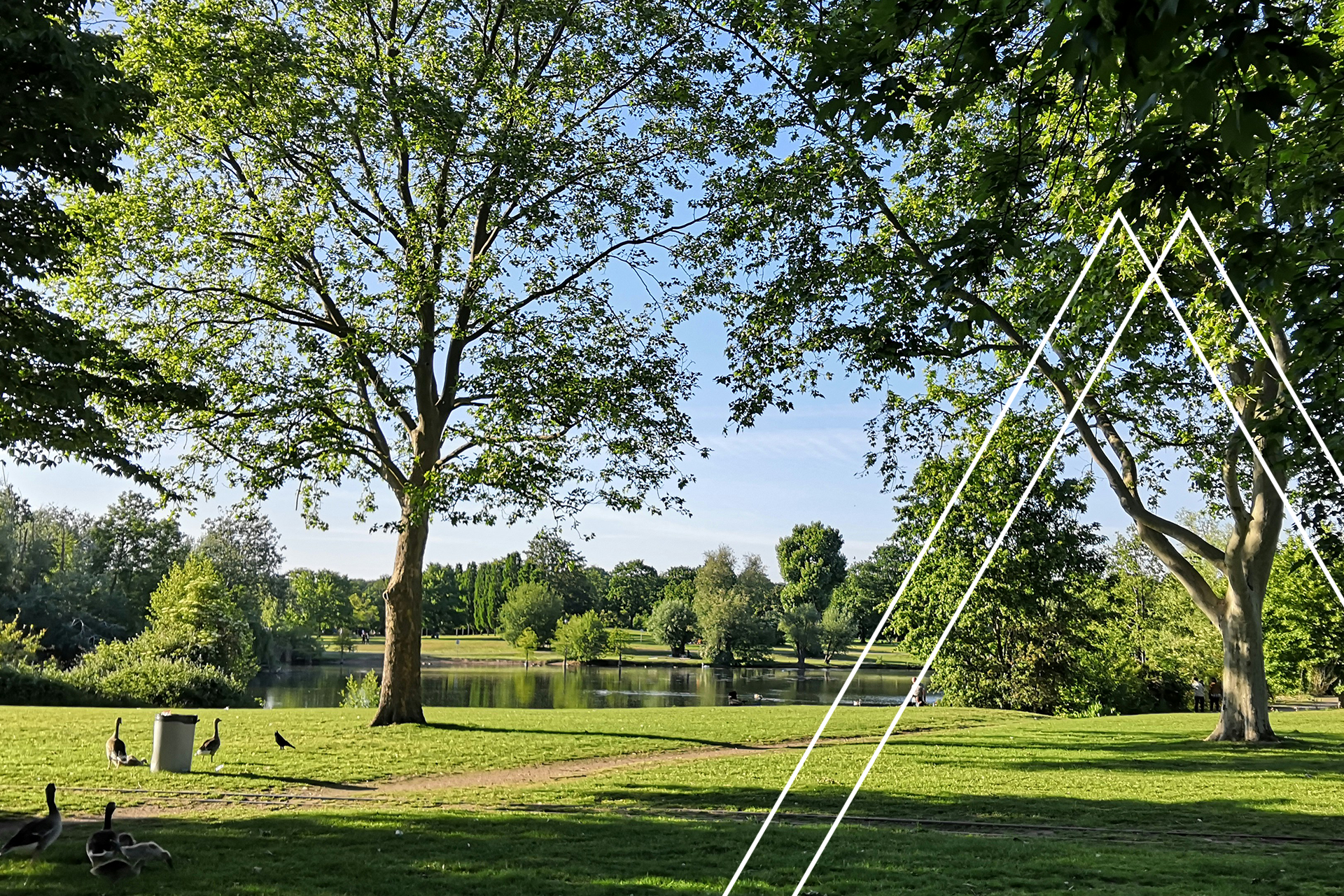
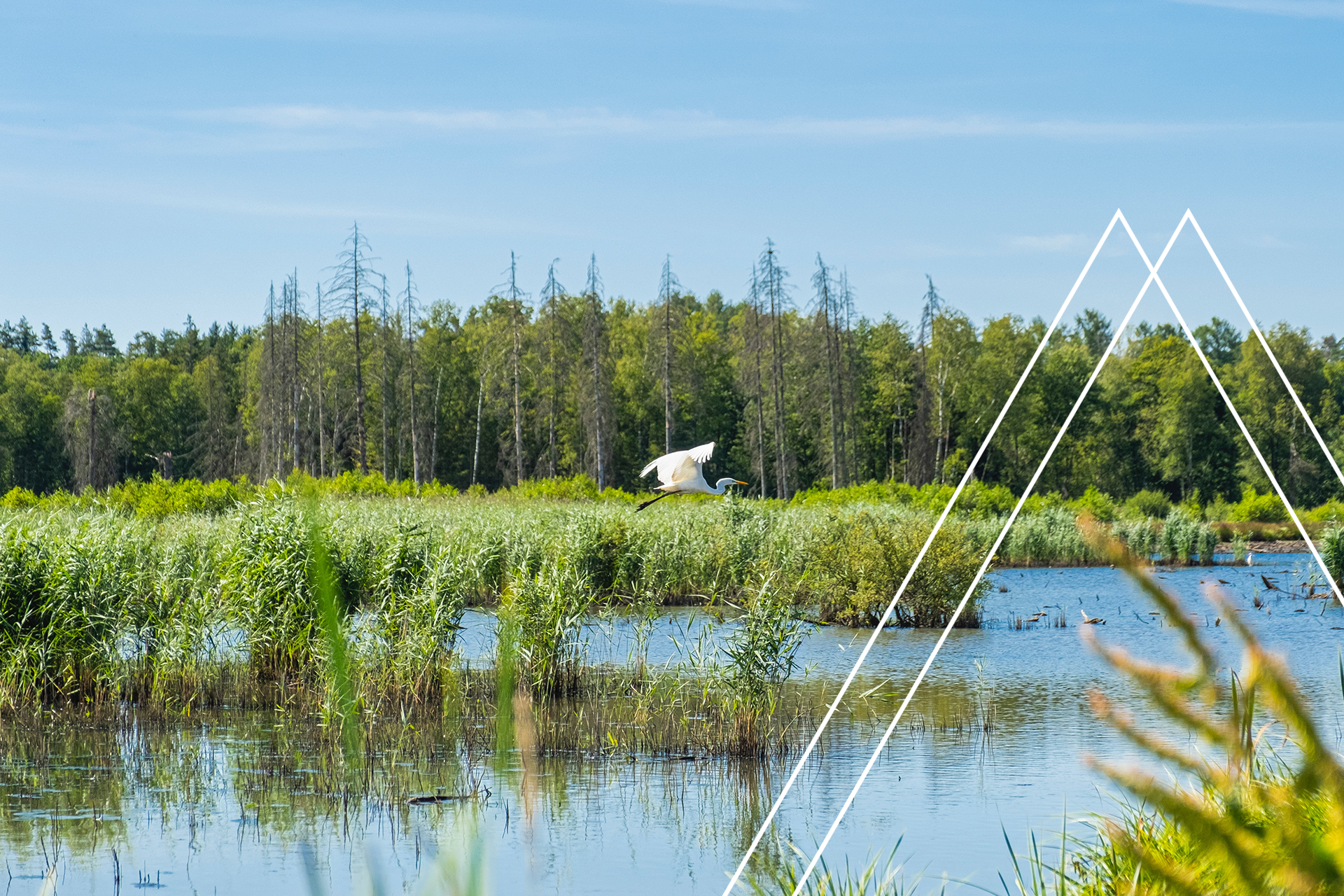

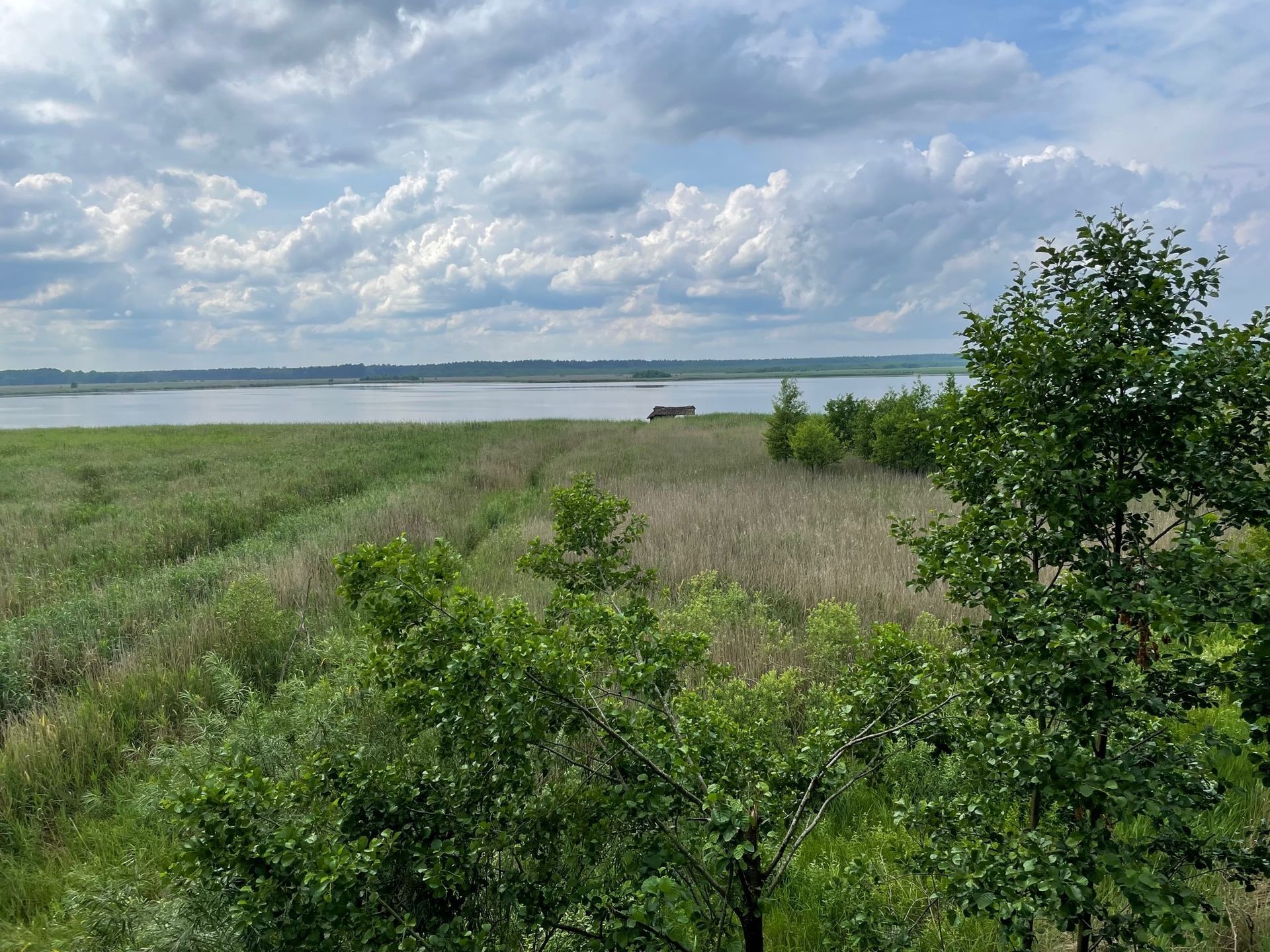
Head Office, Berlin,
Neue Grünstraße 17 | 18 Hof 1 | TRH 3
10179 Berlin
© ES EnviroSustain GmbH 2021




